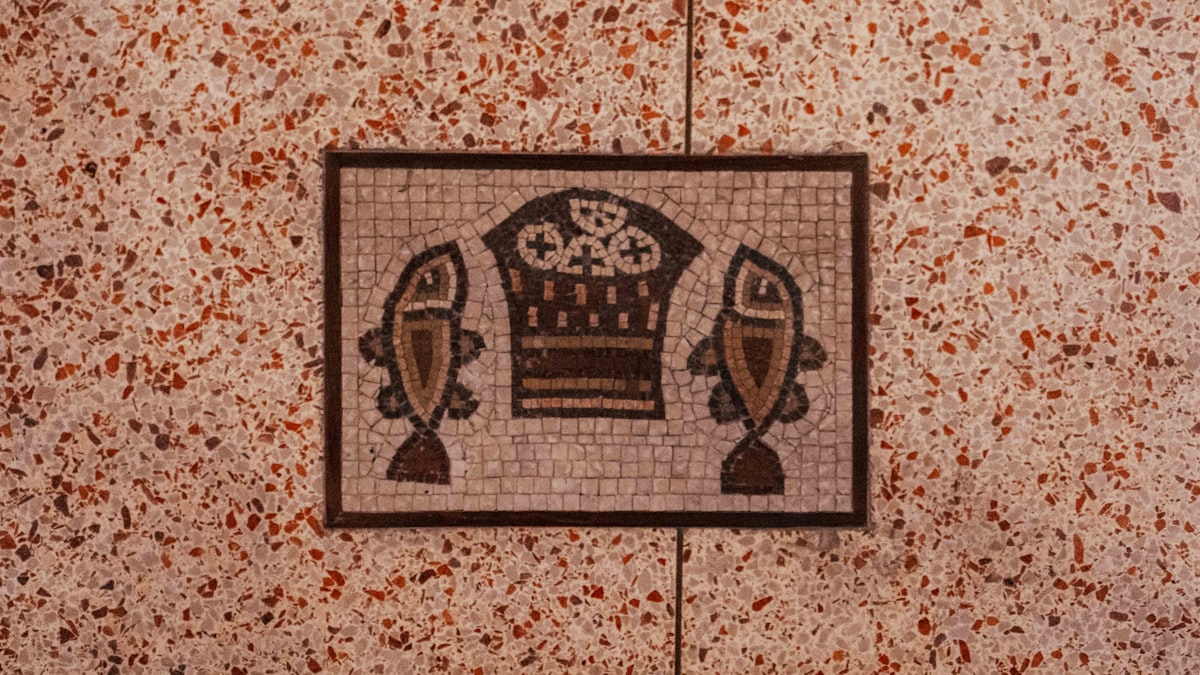From Monk to Marketer
Some thoughts on 'Church for Normies' and allowing myself to be an unsatisfactory Christian.

"I guess I'm a normie now?"
This was my first thought after reading Brad East's "Church for normies", a brief but penetrating look into who the Church is for, exactly. In East's thinking, "normie" Christians are "ordinary believers whose days are filled with the mundane tasks of remaining decent while doing what’s necessary to survive in a hard world: working a boring job, feeding the kids, getting enough sleep, paying the bills, not getting too much into debt, occasionally seeing friends, fixing household or familial problems, maybe taking an annual vacation."
In short, they're largely "unsatisfactory Christians" from the perspective of much of Evangelical church culture. This perspective is apparently informed by a certain outworking of Stanley Hauerwas' ecclesiology, but it's also the vibe I get from a lot of churches. The expectation is that the Church is for faithful Christians, for "heroes and saints, for super-disciples, for the extraordinarily obedient, the successful, the satisfactory."
Of course, I balk at seeing myself in that list, but East drives the point home with an even more basic and inescapable picture:
The radical church is not a church for normies. To use Healy’s terminology, it’s not a community meant for unsatisfactory Christians. It’s for Christians who have their you-know-what together: Christians who are both able and willing, given their background, education, financial status, temperament, moral and intellectual aptitude, and personal desire, to enter the monastic life, only here as laypersons.
I've been trying to be a monk for years, and I still believe the desire "to found or form or join a local community defined by a Rule of Life and thick expectations and rich, shared daily practices" is a good and worthy goal. My wife spent the first 6 years of our marriage ordering our lives around partaking in a community that aspired to these goals, but the ideal, as we imagined it, was always bumping up against reality. Now, with a baby, a full-time marketing job I gratefully accepted to responsibly support my family, and my wife in pursuit of a Ph.D., a "radical" church can feel like something to fail at rather than loving arms that will catch me when I fall. This isn't to say the people at these churches aren't gentle and loving—many absolutely are. But these churches are also, implicitly, not for the unsatisfactory. They're not for the "just-getting-by, the I’m-barely-paying-the-bills, the it-took-all-I-had-to-show-up-this-morning, the I’m-doing-my-best, the just-give-me-a-break folks," much less blatant sinners.
Does this mean our churches should expect less of their members? Does it mean our churches should restructure their common life? Does it mean churches should function to permit and even welcome the straggler, the good-for-nothing, the failed disciple, the I’m-just-here-to-take-the-Eucharist-and-run type?
Yes. That is exactly what I’m saying.
It's hard to explain the relief I felt when I read this, which probably speaks to a fundamental shift in my self-perception from monk to new-dad-in-marketing, but it reminded me that there is indeed a season for all things. A season to be a satisfactory super-disciple, and a season to just hold it together, buy car insurance for the first time, and pray compline with my baby every night.
For now, as I adjust to this new season, I'll cherish the "pure gift" of the sacraments.
Further, it’s why the church, especially in patristic and medieval periods, developed such a strong account of the sacraments as the heart of lay Christian life. The sacraments are pure reception, pure gift: grace upon grace. That’s what a sacrament is, the material sign and instrument of God’s grace, and it’s what the Blessed Sacrament of Christ’s Body and Blood enacts and encapsulates. God willing, the Spirit so moves in the regular, daily and weekly, reception of Holy Communion that a believer is drawn into a lifelong journey of sanctification, what is unsatisfactory (this plain and unimpressive water) being transformed into that which pleases the Lord and edifies his body (the miraculous wine saved best for last). But that’s up to God, and it begins, it does not end, with initiation into and partaking of the liturgical and sacramental life of God’s people.
We need churches that offer and embody and invite people to that, making clear all the while that the summons is for all—especially normies.
Thanks for reading! You can follow me on Twitter @mattCivico, subscribe to my newsletter at Common Pursuits, or chat with me on Discord.